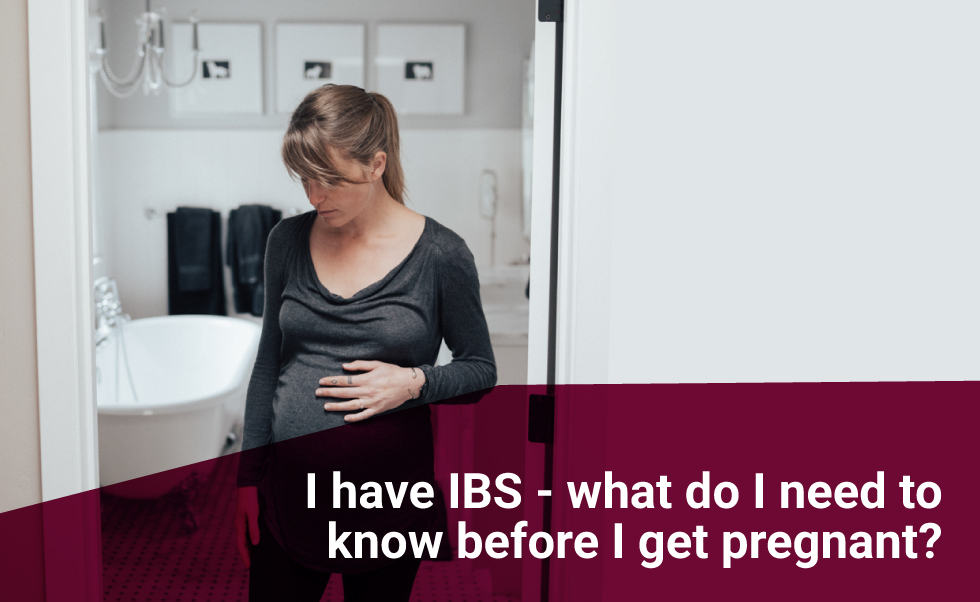For many women, irritable bowel syndrome (IBS) is a part of daily life that requires careful management. If you have IBS and are planning to conceive, it’s natural to have concerns about how your condition might impact your journey to motherhood. The good news is that IBS itself does not affect your ability to conceive or carry a healthy pregnancy. However, some important considerations must be remembered to ensure a smooth and healthy pregnancy journey.
Should I be worried about my IBS when trying to conceive?
IBS, a common digestive disorder characterized by symptoms like abdominal pain, bloating, and changes in bowel habits, does not interfere with your fertility. Women with IBS can conceive just as easily as those without the condition.
The key is maintaining good overall health and managing your IBS symptoms effectively, as general well-being can contribute to a more favorable conception process.
How do I manage IBS while trying to conceive or when pregnant?
One of the most critical aspects to consider is the management of your IBS medications. Some medications commonly used to treat IBS symptoms might not be safe during pregnancy.
Before you start trying to conceive, it’s essential to discuss your current medications with your healthcare provider. They can help you understand which medications are safe to continue and which must be adjusted or discontinued.
Professional Guidance: Never stop or alter your medication without consulting your healthcare provider. They will guide you to the safest options for managing your IBS symptoms during pregnancy. In some cases, lifestyle and dietary changes might be recommended as a safer alternative to medication.

What Dietary and Lifestyle Considerations should I focus on?
Managing IBS often involves dietary adjustments. A balanced diet rich in fiber, plenty of water, and regular exercise can help control IBS symptoms and promote overall health. Adopting a healthy diet that supports digestive health and fertility is beneficial when trying to conceive.
Stress Management: Stress can exacerbate IBS symptoms. Practices such as yoga, meditation, and other relaxation techniques can be beneficial in managing stress levels. Keeping stress in check helps with IBS and supports a healthy conception process.
How do I monitor my symptoms during this time?
During pregnancy, your body undergoes many changes that might affect your IBS symptoms. Some women find that their IBS symptoms improve during pregnancy, while others may experience a worsening of symptoms. Monitoring your condition closely and maintaining open communication with your healthcare provider throughout your pregnancy is important.
Regular Check-ups: Frequent check-ups with your obstetrician-gynecologist (OB-GYN) will help manage any IBS-related issues that arise during pregnancy. Your healthcare team will work with you to ensure that your health and the health of your baby are closely monitored.
Having IBS does not hinder your ability to conceive or have a healthy pregnancy. With careful management of your condition, particularly regarding medication use, under professional guidance, you can navigate your pregnancy journey smoothly.
Focus on maintaining a healthy lifestyle, managing stress, and communicating openly with your healthcare provider to ensure the best outcomes for you and your baby. Remember, every step you take towards managing your IBS effectively is a step towards a healthy and happy pregnancy.







